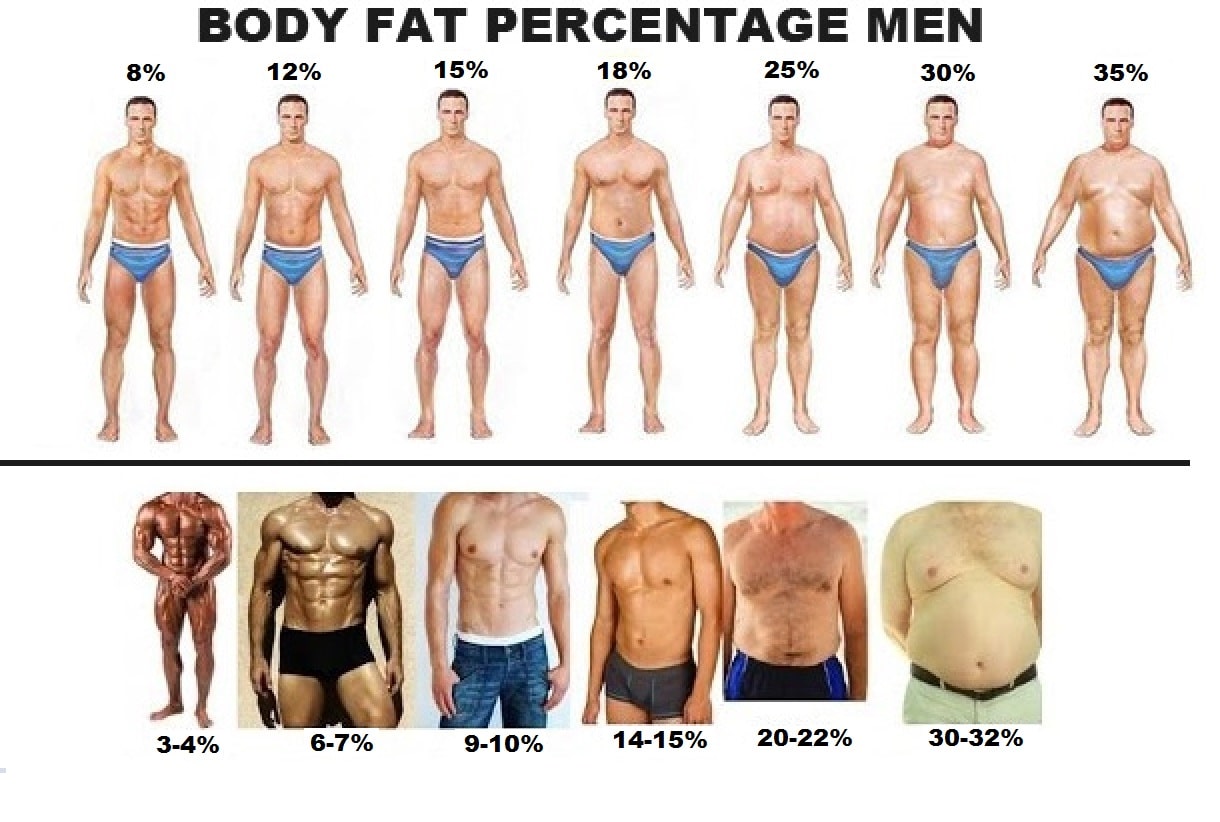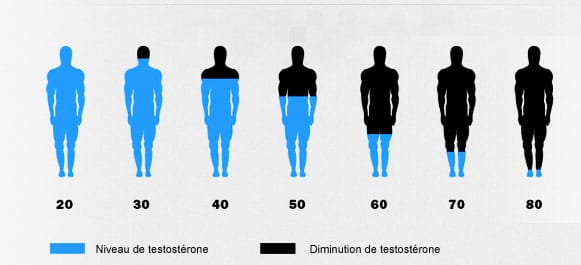
How Do You Treat Low Testosterone Symptoms? Low T Causes with Treatment
Treat Low Testosterone Symptoms
Low testosterone is a common problem in men and can be treated by a doctor. It is an important hormone that fuels the sex drive, muscle mass, mood, and bone strength. Testosterone therapy is prescribed for men with low testosterone levels or increase testosterone levels. A slow decline in testosterone is normal and is sometimes called “andropause”. While it’s not a serious medical condition, low testosterone levels can lead to depression and less interest in sex urology care foundation.
Treatments
Treatments for low testosterone symptoms can be in the form of dietary supplements or testosterone replacement therapy. For example testosterone levels medically, a topical gel applied to the skin once a day can help balance hormone levels and increase testosterone production. Oral supplements, which can be taken as tablets or capsules, are also an option. Another form of testosterone replacement therapy is the insertion of a testosterone pellet under the skin. This method allows doctors to monitor testosterone levels over a period of several months total testosterone level of levels low testosterone.
If you are experiencing these symptoms, it’s important to visit your primary care physician. Your doctor may recommend a testosterone replacement therapy. However, it should be noted that this treatment should only be considered for men who are already experiencing the symptoms of Low-T (low testosterone levels). It also is not recommended for men with low testosterone due to aging.
Although testosterone replacement therapy can boost testosterone levels, some side effects may occur. These side effects include increased risk of prostate cancer, anemia, and kidney disease. In addition, low-T-related symptoms can be caused by depression and anxiety. These emotions can interfere with a person’s normal functioning and make symptoms worse.
There are several different causes of low testosterone, ranging from normal aging to medications. Low testosterone is more prevalent in older men than younger ones but can occur in younger men. Other causes of low testosterone include organ damage, prior surgery, radiation, or chemotherapy, and certain medications. It can also be caused by obesity since fat cells convert testosterone to estrogen endocrine. Other risk factors include HIV/AIDS, high cholesterol, and health kidney disease.
Treatments for low testosterone symptoms may involve hormone replacement therapy, which is an FDA-approved treatment for men suffering from low testosterone. These treatments help treat a variety of symptoms. The effectiveness of the treatment depends on the patient’s symptoms and the severity of their underlying problem. It may also improve the patient’s quality of life cure.

Causes | Testosterone replacement therapy
Low testosterone causes & symptoms can be caused by many different factors. They may include aging, drug use, and some congenital disorders. Your healthcare provider can test your testosterone levels to determine the root cause. Treatment options may include testosterone therapy or other treatment methods. Depending on the cause, these symptoms can be mild or severe.
Low testosterone can also lead to bone problems and cardiovascular disease. It can affect your ability to regulate glucose, which can lead to type 2 diabetes and obesity. This is why it’s crucial to understand the symptoms and seek proper medical treatment. Your primary care physician can recommend treatment options, or refer you to a urologist or endocrinologist.
Treated Time
While it’s important to note that the cause of low testosterone is complex, most cases are treatable. In some cases, genetic variations in the Y chromosome or in the gene that regulates sex hormone binding globulin can put you at greater risk for low testosterone. In other cases, you may suffer from Klinefelter syndrome, a genetic condition that affects testosterone production lower testosterone.
Testosterone is an important male hormone that controls many functions in the male body, from growth and development to sperm production. A man’s body produces testosterone in the testicles, which it is regulated by the brain. Testosterone helps with puberty, maintaining muscle mass, hair growth, and bone density, as well as controlling sexual function. It is also needed to produce sperm and keep the reproductive organs healthy.
While a number of causes may cause hypoandrogenism, many of these causes are transient and will resolve themselves eventually, bringing about normal androgen levels. The main problem with pharmacologic treatment for hypogonadism is that it may decrease spermatogenesis and result in infertility. However, some treatments are available for this condition, such as intranasal testosterone or human chorionic gonadotropin.
Diet
Men with low testosterone need to make changes to their diet. For instance, they should eat less bread and avoid sugary foods. Eating organic food is also recommended. These changes can reduce the chance of low testosterone, erectile dysfunction, and other low-testosterone symptoms. Consult a doctor to find out the best diet for your condition.
Low T also affects libido and may lead to erectile dysfunction if left untreated. In addition to these symptoms, men suffering from low T may also experience hair loss on their bodies and scalp. Proper nutrition is important to maintain healthy skin and hair. In addition, men who suffer from low T may have an increase in acne.
Increase testosterone levels
One of the best ways to boost testosterone is to eat plenty of healthy fats. These fats are important for hormone balance and overall health. Studies have shown that men who follow a low-fat diet tend to have reduced levels of male sex hormones. Ideally, men should consume a diet rich in omega-3 fatty acids, which are found in wild-caught fish, flaxseeds, chi seeds, walnuts, and coconuts.
In addition to eating healthy foods, a healthy diet can also help to stabilize blood sugar levels and improve health. This can result in reducing the need for insulin or other medications. It is also important to know whether or not you are eating a balanced diet or eating a nutritionally deficient one. Diet and low testosterone symptoms aren’t always the same, so a doctor can recommend a suitable diet for your condition.
Low testosterone can affect energy levels, mood, and libido. Low testosterone can also increase your risk of heart disease and diabetes. Low testosterone can also make you tired and cranky.
Stress management
Low testosterone symptoms can include lack of energy, weight gain, and loss of mental focus. In addition, men can experience problems with erection and sexual function. These problems are caused by the complex interaction of physiological and psychological factors. Consequently, coping with stress is essential for good health. Learning stress management methods will help men to reduce stress, boost their immune systems, and experience better mental and physical well-being.
The first step to manage stress is to learn to recognize the root causes of your symptoms. For men over the age of 30, work and family can be a common source of stress. When these factors are added to low testosterone, the symptoms can compound. As a result, stress management for men should focus on lifestyle changes to reduce stress levels and increase the body’s testosterone production.
Know the Treatment of low testosterone levels
In addition to the psychological impact, stress can affect the immune system and reproductive organs. It can also lead to elevated levels of the stress hormone Cortisol in the bloodstream, which can mimic low testosterone symptoms. While a low testosterone condition is not a life-threatening condition, it is important to manage stress in order to avoid long-term damage to the body.
Fortunately, many methods of stress management are available for men with low testosterone symptoms. One of these methods is taking time to relax and sleep. This technique has been shown to improve the symptoms of low T by improving hormone levels. Moreover, reducing your weight has also been proven to improve testosterone levels.
Low testosterone symptoms can be emotionally distressing and may lead to depression. Low levels can also lead to low energy levels and decreased physical attractiveness.
Other nonmedical approaches | Symptoms
The first line of treatment for low testosterone is testosterone replacement therapy, but there are other approaches. Often, symptoms of low testosterone can be caused by a variety of things, including medications, weight gain, or other problems. Treatment may involve a skin patch that delivers testosterone in small amounts.
Another way to treat low testosterone symptoms is with natural treatments. Topical gels applied to the body on a daily basis may help. These treatments are often applied to the upper arm, shoulder, or thigh. It’s important to apply these creams and gels with a bandage to avoid exposure to others. Oral therapy can also be used. Oral medications consist of tablets or capsules that are taken orally. Pellets that are implanted under the skin are another option. These are usually replaced every three to six months.